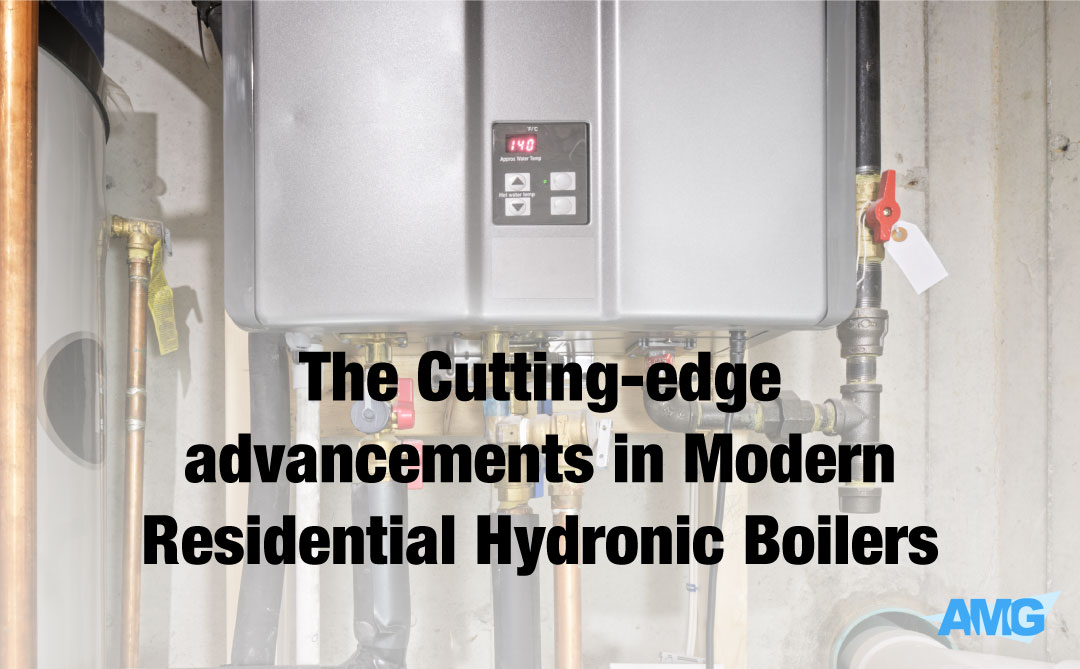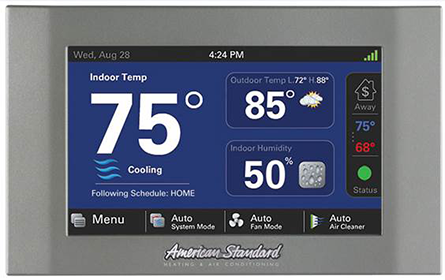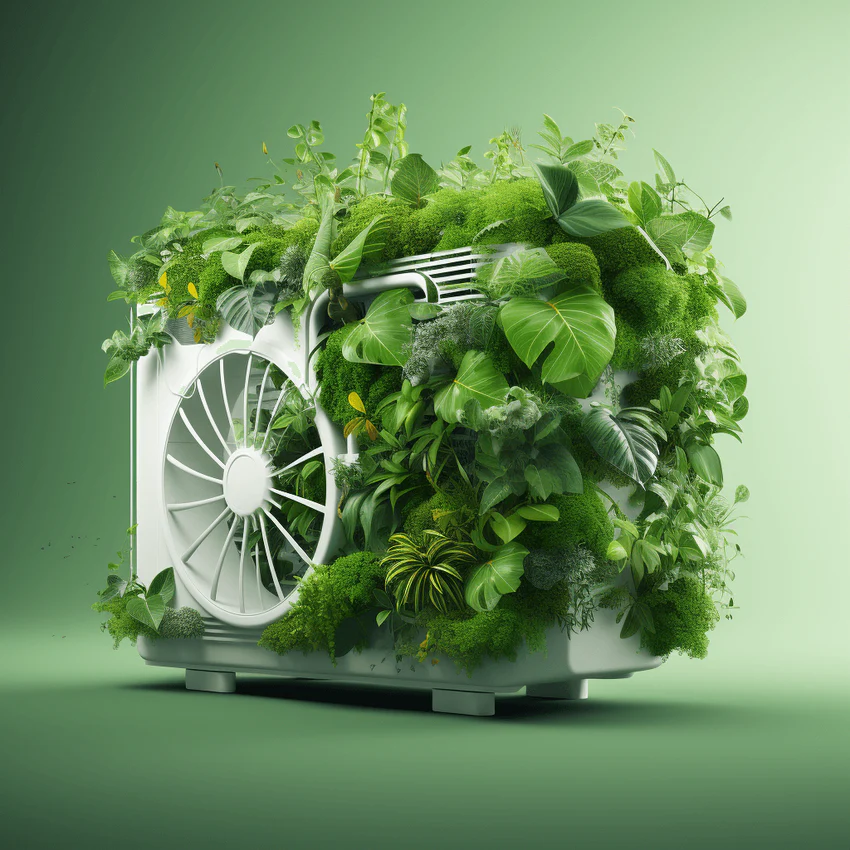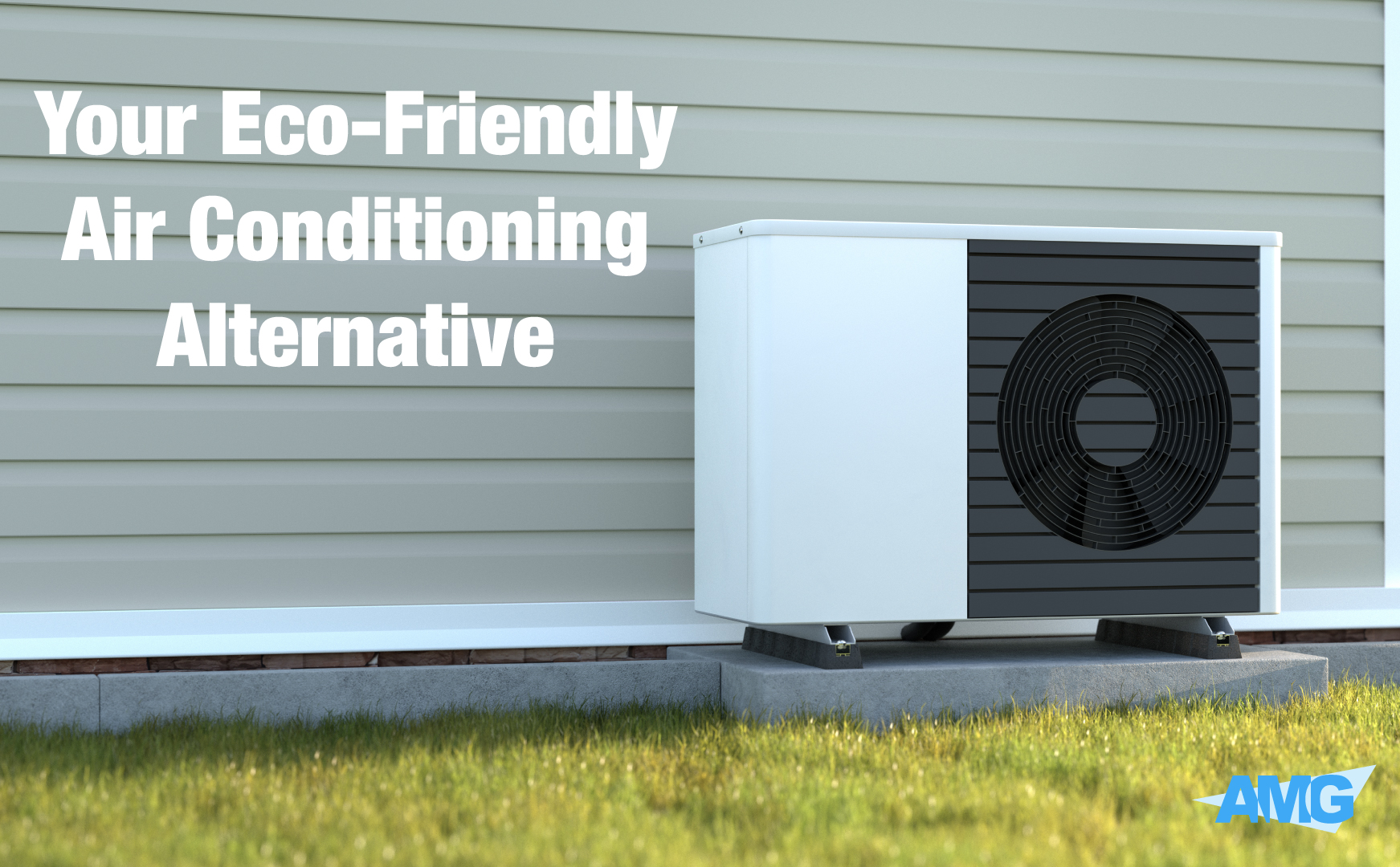In recent years, residential hydronic boilers have undergone significant advancements that have revolutionized the way we think about heating systems. From improved energy efficiency to enhanced user comfort, these innovations are driving the evolution of modern heating solutions.
1. Energy Efficiency:
Energy efficiency is a key focus in modern hydronic boilers. Advanced technologies such as condensing boilers are designed to extract more heat from the combustion process, resulting in higher efficiency ratings. This not only reduces energy consumption but also lowers utility bills, making them an attractive option for environmentally conscious homeowners.
2. Smart and Programmable Controls:
Modern hydronic boilers come equipped with smart and programmable controls that allow homeowners to optimize their heating systems based on their schedules and preferences. These controls enable remote access through smartphones, enabling users to adjust settings even when they are away from home. This level of control ensures efficient energy usage and personalized comfort.
3. Integration of Renewable Energy:
In line with the growing emphasis on sustainability, many modern hydronic boilers are designed to integrate seamlessly with renewable energy sources, such as solar thermal systems. This integration reduces the reliance on traditional energy sources and contributes to a lower carbon footprint.
4. Modular and Compact Design:
Advancements in design have led to the development of modular and compact hydronic boilers that can be easily installed even in space-restricted areas. These compact units are ideal for both new constructions and retrofitting projects, offering flexibility and convenience to homeowners.
5. Elevated Comfort and Precise Temperature Regulation:
The integration of modulating heating elevates the standards of home comfort. The boiler’s capacity to finely adjust its output guarantees the reduction of indoor temperature fluctuations. This leads to a living environment that is both consistently cozy and accommodating for residents, effectively addressing the common problem of spaces becoming excessively warm only to cool down excessively afterward.
6. Improved Durability and Longevity:
Materials and manufacturing techniques have improved the durability and longevity of modern hydronic boilers. Stainless steel and other corrosion-resistant components ensure a longer lifespan for these systems, reducing maintenance costs and enhancing overall reliability.
7. Quieter Operation:
Noise reduction technologies have been integrated into modern hydronic boilers, resulting in quieter operation. This is a significant advantage, as it enhances the overall living experience and minimizes disturbances caused by traditional heating systems.
8. Enhanced Safety Features:
Advanced safety features, such as automatic shut-off in case of malfunctions or leaks, are now standard in many modern hydronic boilers. These features provide homeowners with peace of mind, knowing that their heating systems are equipped to prevent potential hazards.
Conclusion
The world of residential hydronic boilers is undergoing a transformation, driven by advancements that prioritize energy efficiency, user comfort, and sustainability. Homeowners now have access to a range of cutting-edge options that not only keep them warm but also contribute to a greener future. Stay updated with these advancements to make informed decisions about the best heating solution for your home.




